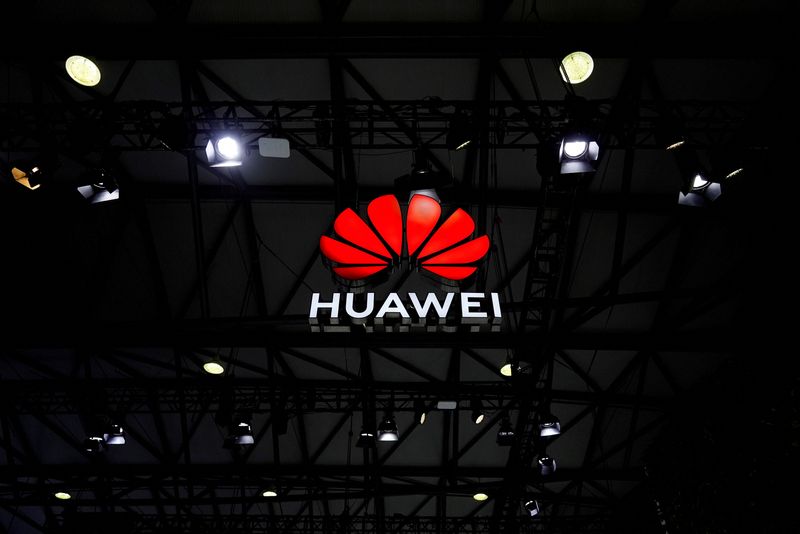By Selena Li
HONG KONG (Reuters) - Chinese telecoms equipment giant Huawei Technologies Co Ltd has obtained a licence in China that allows it to seek external capital, as it works to shore up its supply of silicon chips in the face of U.S. pressure.
The United States, which alleges that Huawei's equipment could be used by Beijing for spying, has imposed sanctions on the company that have cut off its supplies of many overseas chips and effectively barred it from building its own. Huawei has repeatedly denied these allegations.
It did not immediately respond to a Reuters request for comment on Wednesday.
Habo Investments, set up by Huawei in April 2019, registered with the Asset Management Association of China as a private fund manager on Jan. 14, according to an official record, enabling it to seek investors from outside the company.
The newly-registered fund platform has yet to roll out any products.
But with three billion yuan ($472.29 million) in registered capital, Habo has closed at least 20 deals for stakes in Chinese tech companies since its establishment, public records showed.
Its latest investment target is Shenzhen-based Kaihong, which specialises in offering operating systems for the Internet of Things. Last week, Habo invested 100 million yuan in Kaihong for a 20% stake.
Habo was established in response to what Huawei's rotating chairman, Guo Ping, in 2020 described as "suppression" by the United States.
Most of Habo Investment's deals have been in chip-related Chinese start-ups, a few of which have become part of Huawei's supply chain.

In December, Huawei's rotating chairman Guo Ping told employees that the company expects 2021 revenue to decline nearly 30% to 634 billion yuan ($99.48 billion).
($1 = 6.3520 Chinese yuan renminbi)